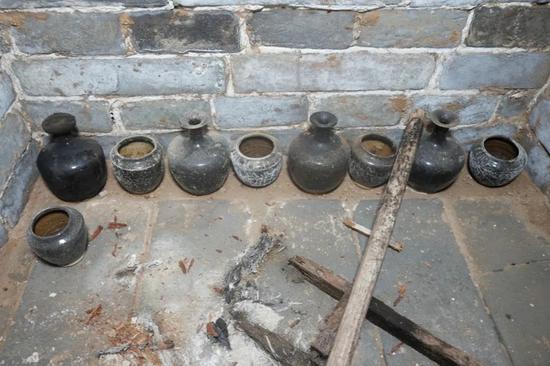
The interior of a well-preserved tomb dating to the Ming Dynasty (1368-1644) found in Xinzhou city, Shanxi province. (Photo provided to chinadaily.com.cn)
The Shanxi Institute of Cultural Relics and Archaeology recently published new excavation information about a well-preserved tomb dating to the Ming Dynasty (1368-1644) in Xinzhou city, Shanxi province.
Archaeologists found wooden sacrificial tables, desks and chairs in the tomb chamber, along with writing tools such as inkstones, Chinese calligraphy brush pens, and pen holders.
To coordinate with a national highway realignment project, archaeologists from the institute and local cultural relics and archaeology departments in Xinzhou excavated relics in the city's Xinfu district.
They excavated sites from the Longshan Period (2900-2100 BC), the Warring States Period (475-221 BC) and 66 tombs from different dynasties.
During the excavations, they discovered a well-preserved brick-chambered tomb from the Ming Dynasty on the west terrace of Hexitou village in Xinfu district.
The tomb's main chamber had two niches. The southern niche contained four porcelain jars, and the northern niche contained five porcelain jars and four porcelain bottles.
The porcelain vessels contained grains, liquids, or oils.
The tomb's construction was elaborate, and burial items were abundant.
The wooden burial objects and sacrificial items were well-preserved, making this discovery rare in the city and even throughout the whole province, according to the institute.








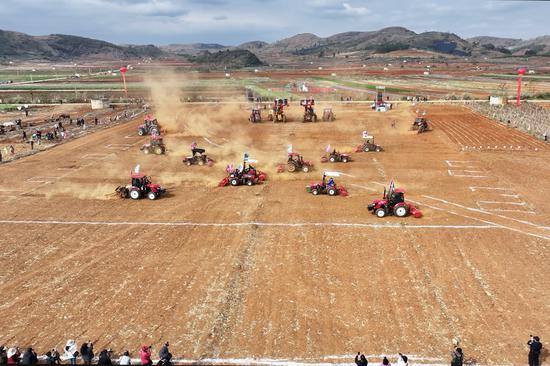

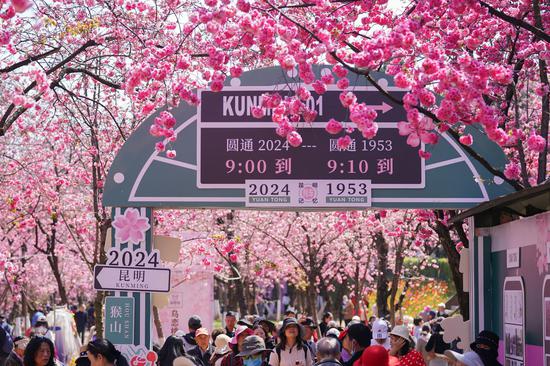
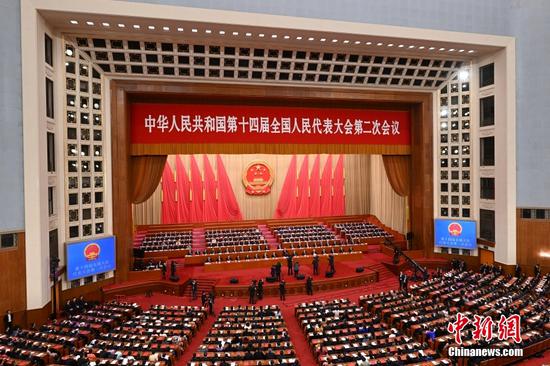

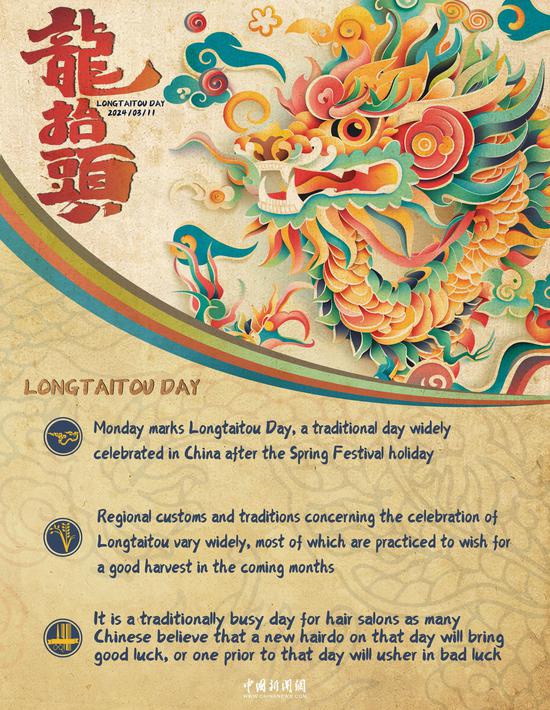

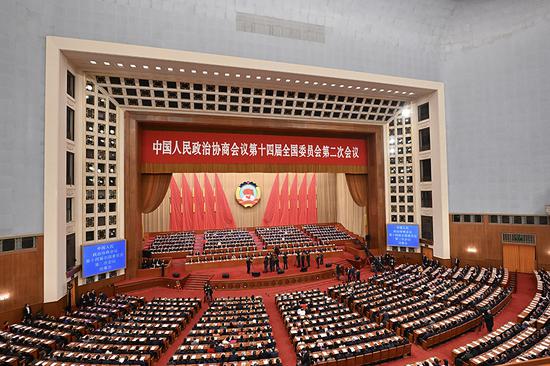



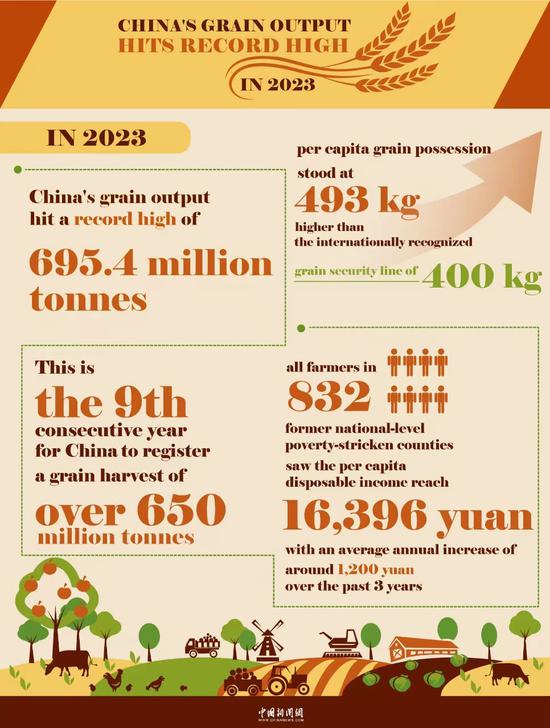


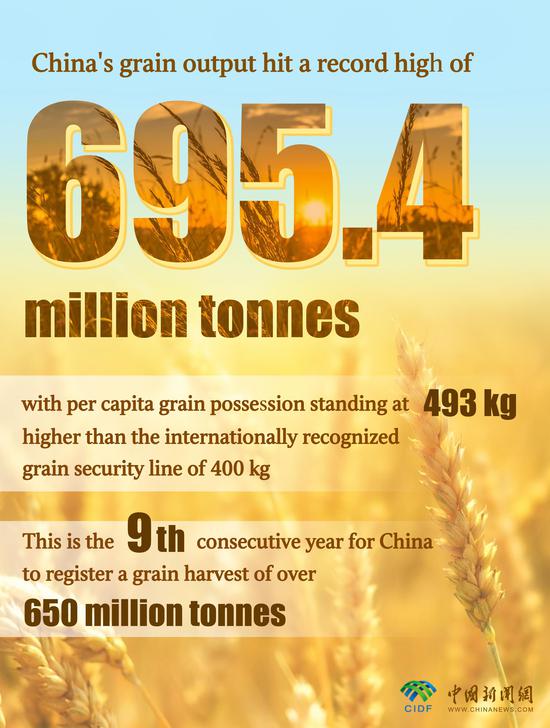



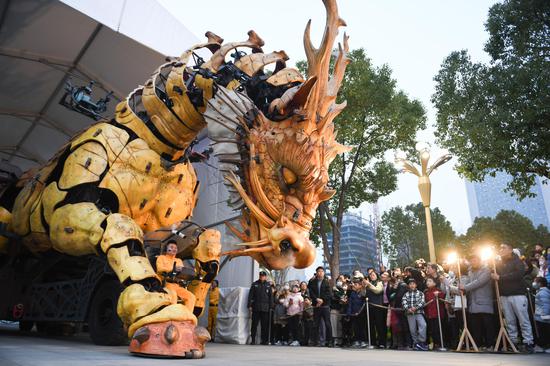



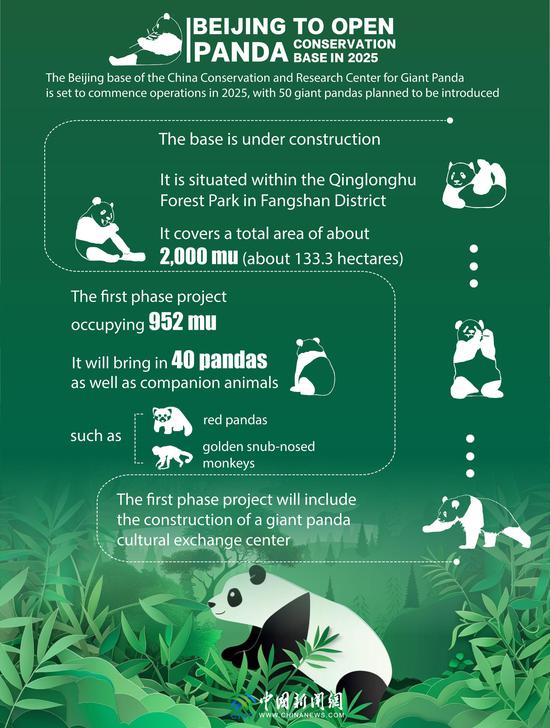

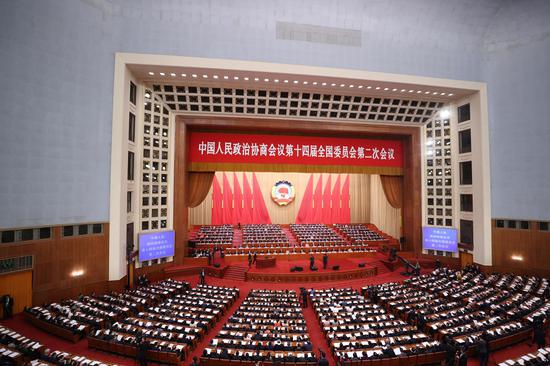




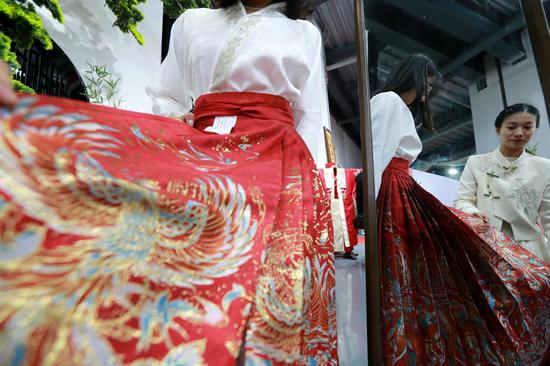





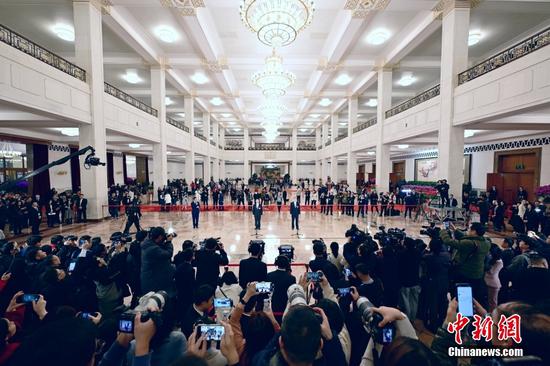






 京公网安备 11010202009201号
京公网安备 11010202009201号